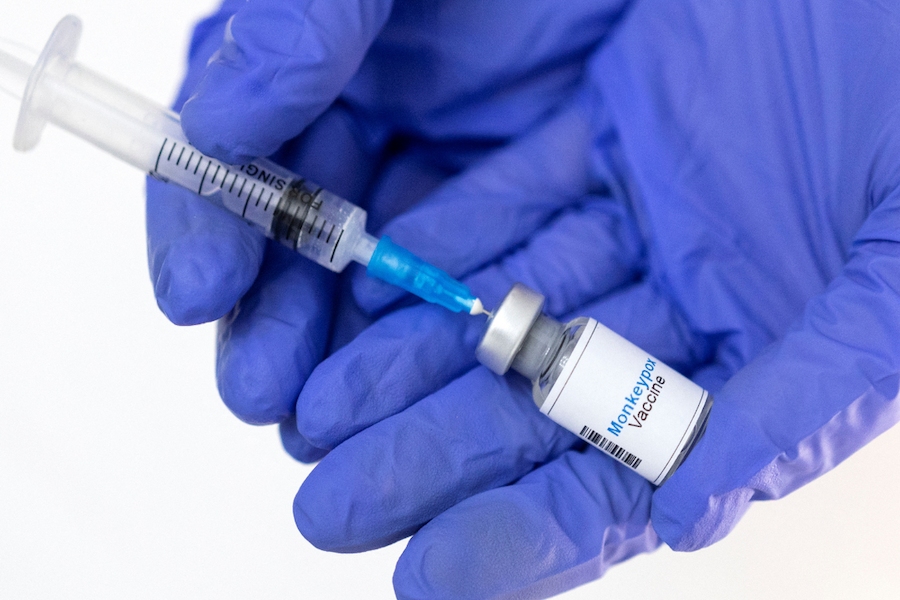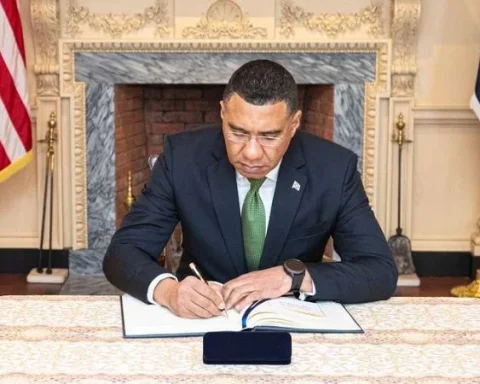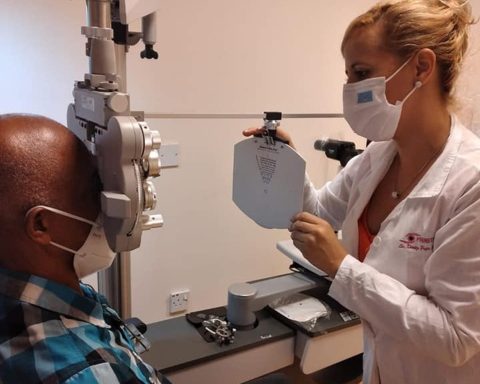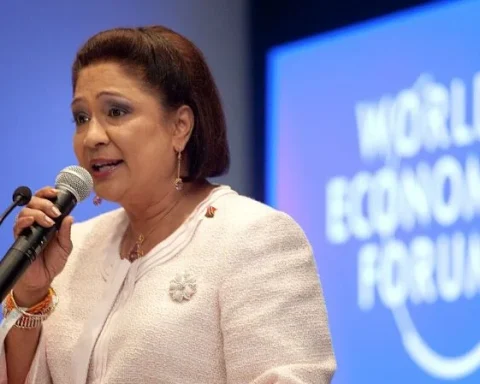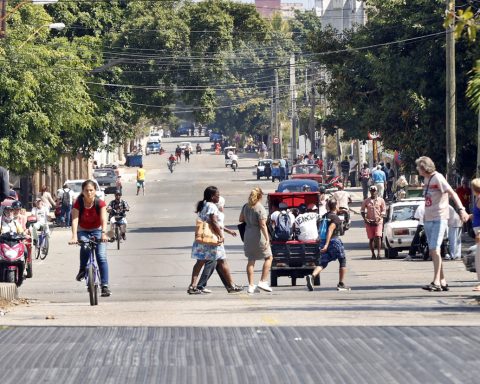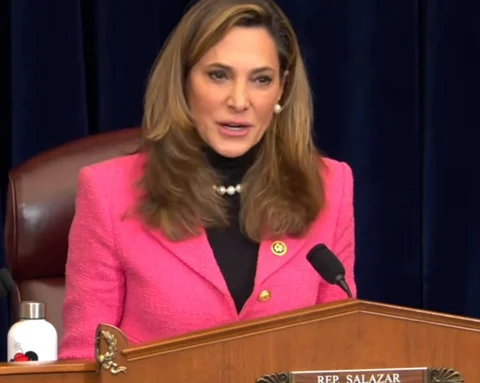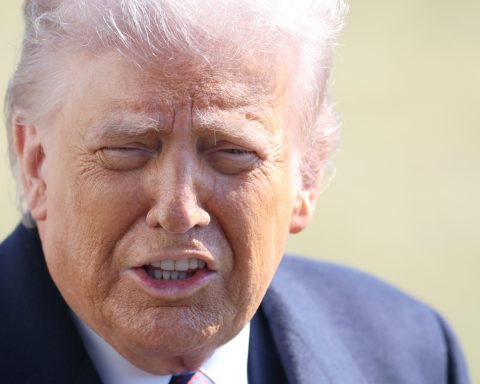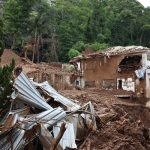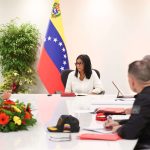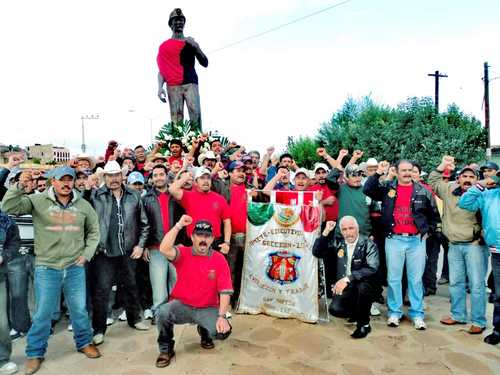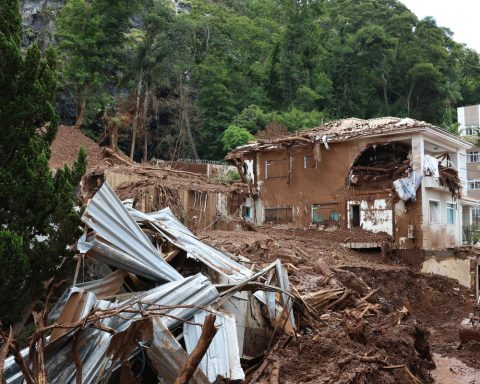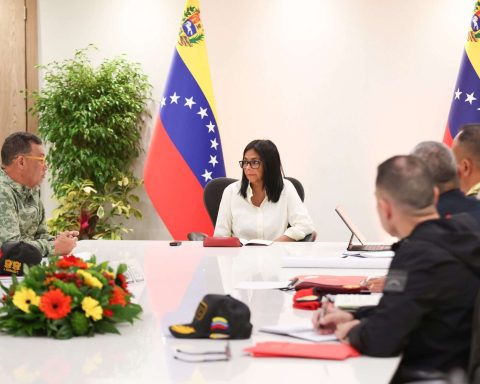Authorities in New York City have declared a public health emergency due to the spread of the monkeypox virus, calling the city “the epicenter” of the outbreak.
Saturday’s announcement by Mayor Eric Adams and Health Commissioner Ashwin Vasan revealed that as many as 150,000 New Yorkers could be at risk of infection.
The declaration will allow officials to issue emergency orders under the city’s health code and modify provisions to implement measures to help slow the spread.
In the past two days, New York Governor Kathy Hochul has declared a statewide disaster emergency and the state Department of Health has called monkeypox an “imminent threat to public health.”
New York had recorded 1,345 cases as of Friday, according to data compiled by the Centers for Disease Control and Prevention. California had the second most, with 799. “We will continue to work with our federal partners to secure more doses of the vaccine as soon as they become available,” Adams and Vasan said in the statement. “This outbreak must be addressed with urgency, action and resources, both nationally and globally, and this declaration of a public health emergency reflects the gravity of the moment.”
On July 23, the World Health Organization declared monkeypox a global health emergency.
The once-rare disease originated in central and western Africa but was not known to cause large outbreaks beyond the African continent or spread widely among people until May, when authorities detected dozens of epidemics in Europe. , North America and other places.
To date, more than 22,000 cases of monkeypox have been reported in nearly 80 countries since May, with some 75 suspected deaths in Africa, mostly in Nigeria and the Congo.
The virus spreads through prolonged and close skin-to-skin contact, as well as sharing bedding, towels, and clothing.
In Europe and North America it has spread mainly among men who have sex with men, although health officials stress that it can infect anyone.
